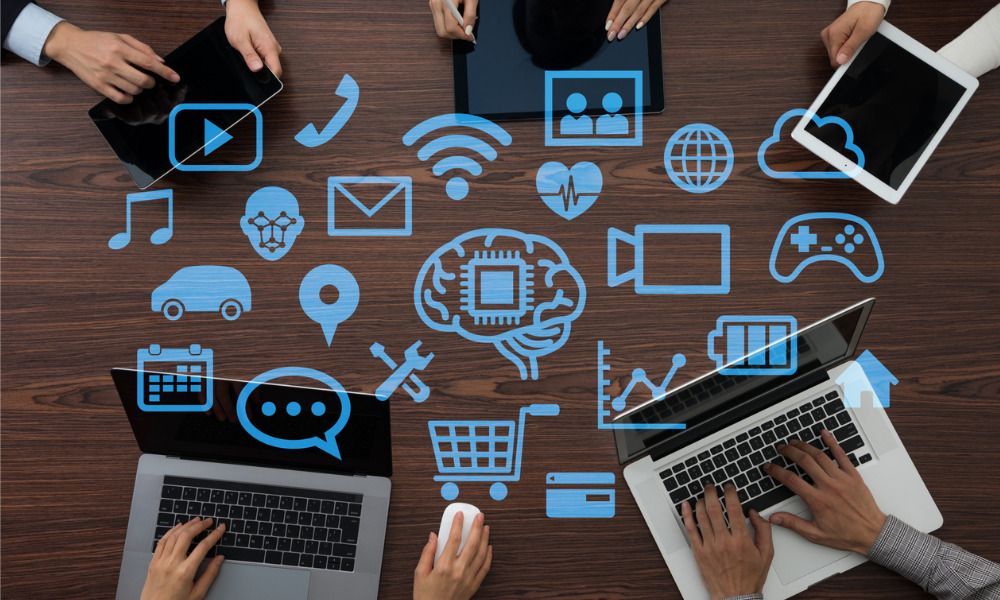Digital technology is definitely expanding as time goes on. When I was in middle school I was only just being introduced to the world of social media - and looking back now even that seems young. Today, it seems that the age of children that use social media and digital technology just gets lower. The app Tik Tok just came out a little over two years ago and is currently one of the most widely used social media apps. Sometimes when I am on Tik Tok, I see kids as young as seven or eight years old posting to the app. This thought is scary to me because when I was seven years old I was not concerned about anything digital technology but rather I was enjoying my childhood years. Social media has filters to what people can and cannot post, but users still find a way around it. Most of these social media apps have a minimum age requirement to join due to the content which can sometimes be inappropriate that is shared across these platforms. It is dangerous when children lie about their age to gain access to these social media platforms because they are exposed to many things that they should not know: foul language, graphic content, and in some cases even sexual content. This is an issue that needs to be taken more seriously as the age of children using these social media platforms continues to decrease.
I am guilty of being slightly addicted to my phone, my screen time is probably higher than it should be, and recently I have been trying to work on limiting my phone usage. With an invention like the iPhone, everything is right in front of me. I can text, call, get news, make purchases, and so many more at my fingertips thanks to my iPhone. Since I have been using an iPhone since I was in sixth grade, I have formed a dependency on it that is slightly damaging to my mental health at times. Social media paints a certain standard that many people, including young girls, fall victim to believing. Cyberbullying and low self-esteem have definitely risen drastically since I first started using digital technology. While many measures are taken like social movements to spread body positivity and put an end to cyberbullying, it still takes place every day.
My major is Social Media & Digital Communication, so digital technology is a huge part of my life. I am constantly using digital technology and social media to find new strategies to improve my knowledge within my major and help me be successful in school, but that does not mean I can’t limit my usage of it. However, digital technology helps me in many ways. One of the most fascinating ways I use digital technology is how it helps me stay in touch. For a few years, my cousins lived in Australia and my uncle currently lives in London, so whenever I need to talk to them, I can do so thanks to digital technology. It makes it extremely easy to contact family and friends to stay in touch with. Another example is how I keep in touch with my grandparents - since COVID-19 I have not seen them often, but my uncle created an app called Speak2Family that allows my brothers and I to send voice messages, videos, and pictures to them that plays through their Alexa to help them stay in touch with us. I have four brothers, and most of them don't live at home with me and are scattered across New York, so if I ever need to catch up with them or Facetime my brother to see my nephew, I can do so quickly. My parents and grandparents did not grow up in a digital era, so they do not use their phones or social media and see no desire to it, but they do find it useful to contact my brothers and me.
Katie Smith is probably one of the most generic, American, names - so Google searches are not very handy when looking me up unless you had very specific information about my life. This probably will benefit me in many ways in the future. For those with less of a common name like some of my friends, social media pictures, social media accounts, sports teams, and hometowns come up when you type their name in on Google. This is something that not many realize when posting to social media - employers can find your social media accounts very quickly and it is important to watch what we post online because it stays there forever. Technology is amazing in many ways and has helped the world advance immensely, but not all technology is used in a positive light, and that is something we all should keep in mind as we go about our day-to-day life.









